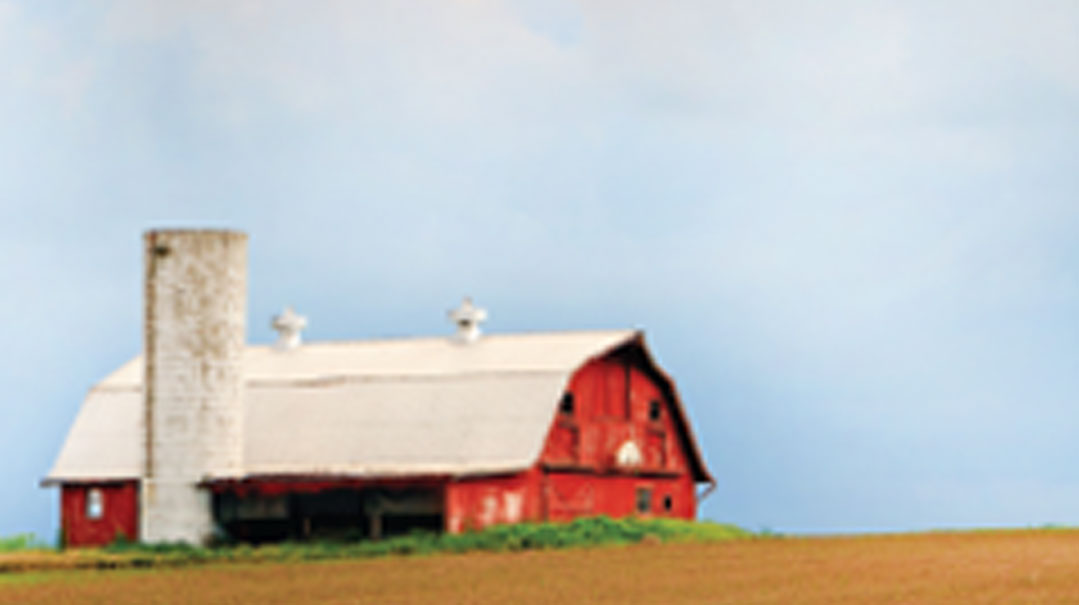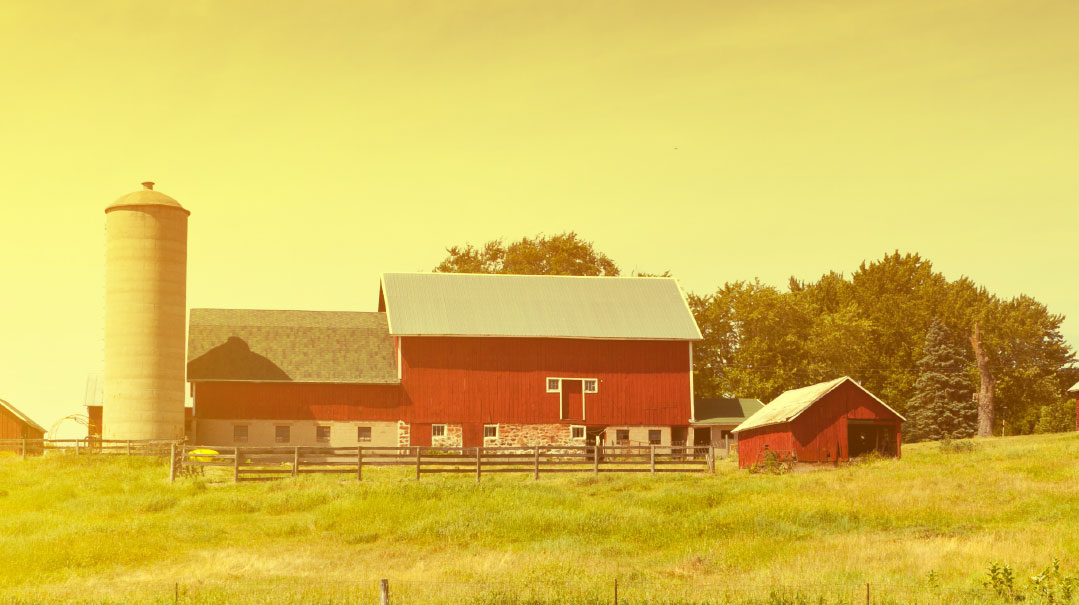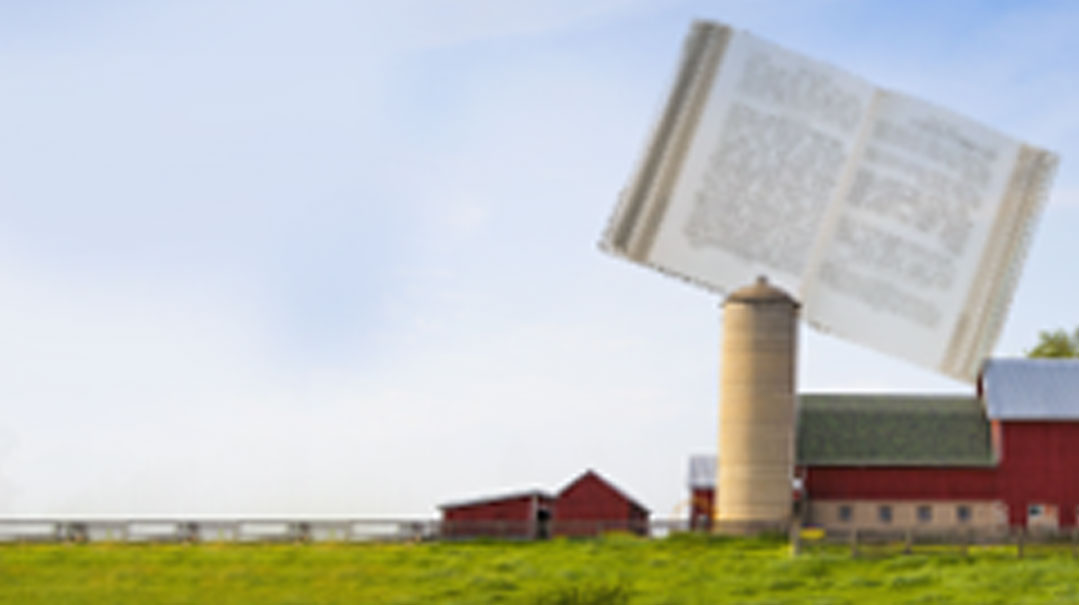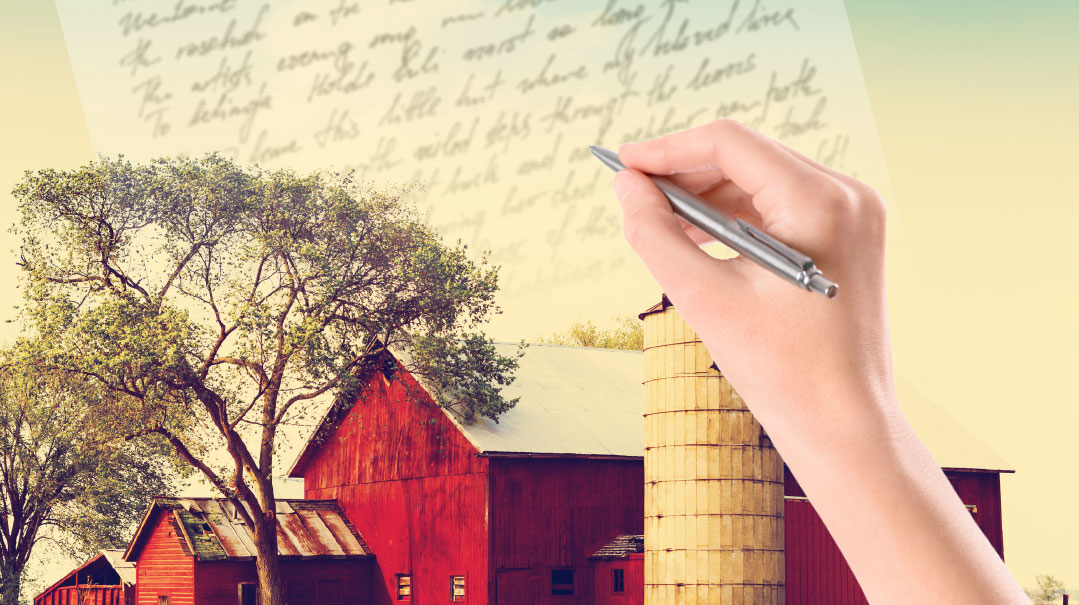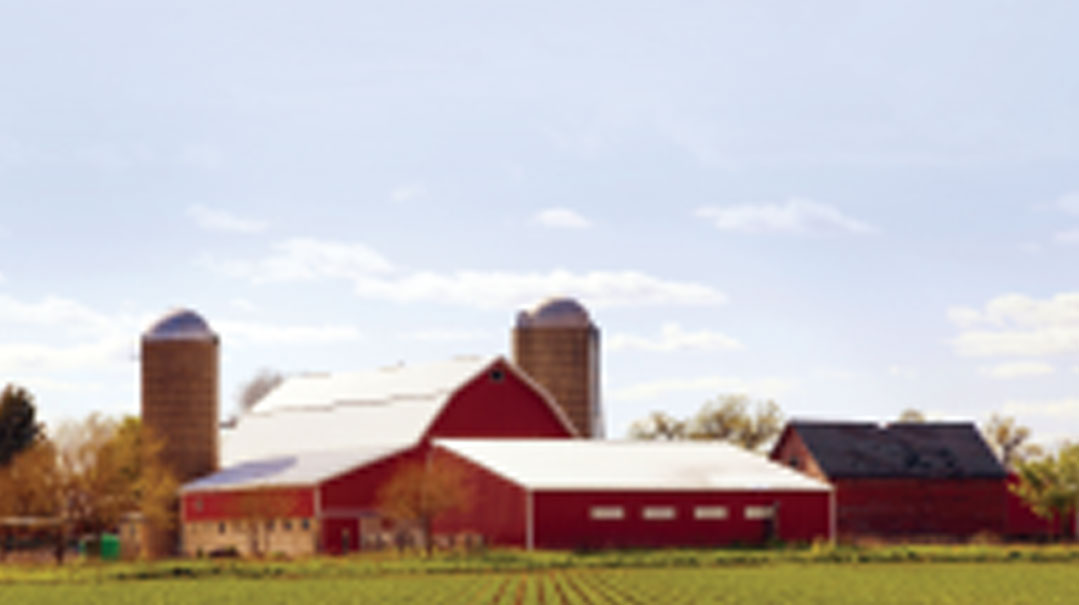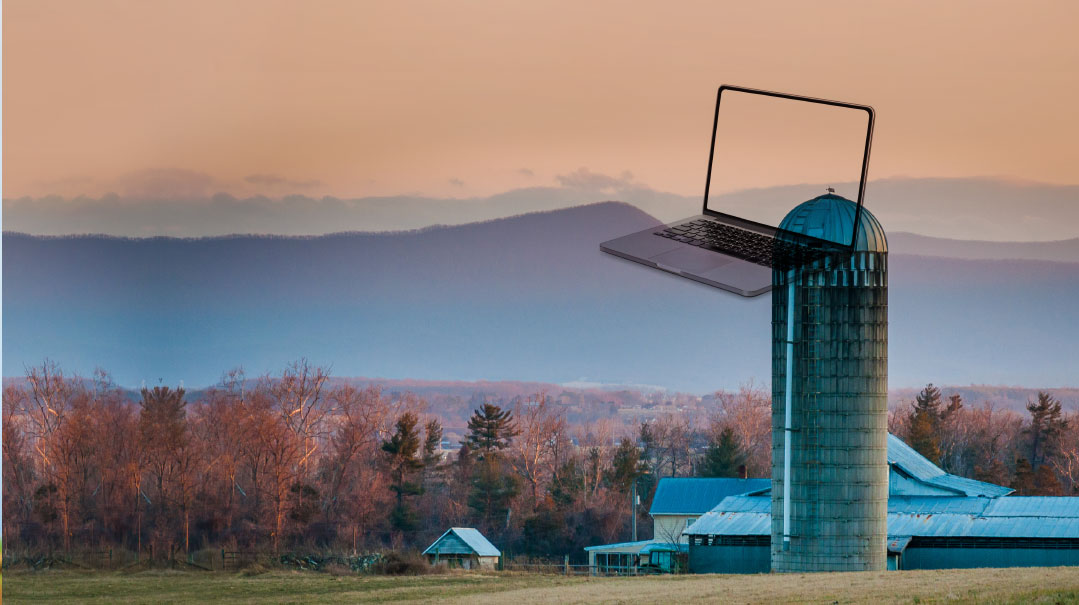Rising Spirals

On Succos, we gather our crops, reflect on our harvest. In life, we gather our experiences, appreciate what we’ve gained
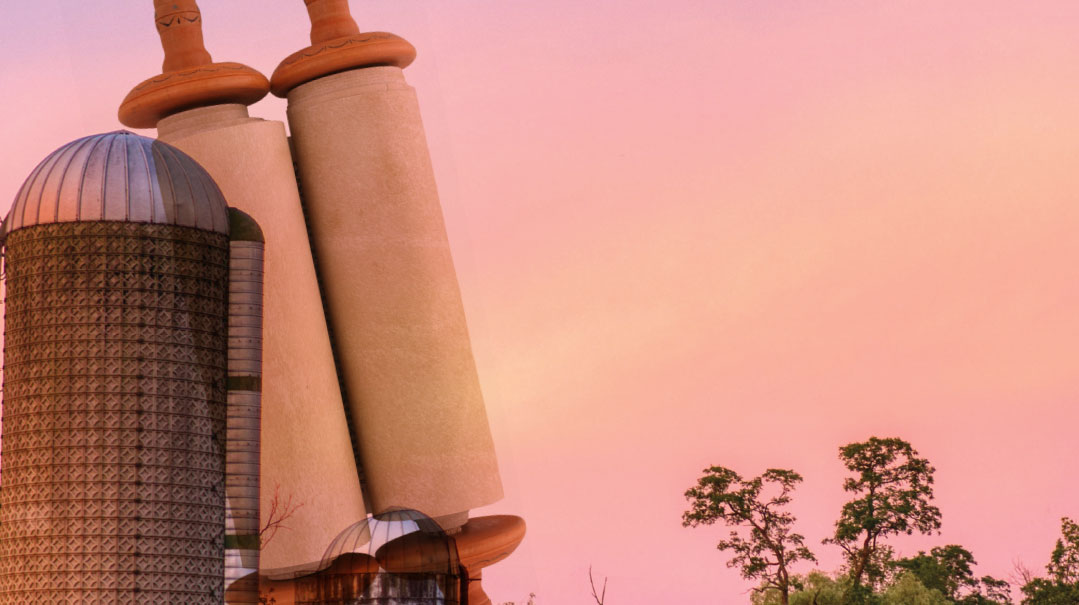
"Don’t go off the deep end,” warned my feminist aunt, when she heard I was planning to spend a summer at Neve Yerushalayim. It was the mid-1980s, and reports were already trickling in of young people who’d gotten nabbed in Jerusalem and brainwashed by that cult called Torah Judaism.
What my aunt aspired for me was some version of her own life: academic, cosmopolitan, perhaps two well-spaced children. Instead, she now envisioned me reversing 100 years of feminist “progress,” living barefoot and pregnant in some hovel in Meah Shearim.
My family’s fears were somewhat assuaged when I married a professional, not a kollel guy. They could accept our desire to keep a kosher kitchen — hey, a little tradition is nice — and even our Shabbos observance, although my father a”h fretted it would jeopardize my husband’s career advancement.
But other things stuck in everyone’s craw. On the superficial side: Did I really have to always go around with a shmatteh on my head? Did our little boys absolutely need to wear those chassidic-looking peyos and my husband his tzitzit?
On the serious side: Was it really necessary to pay a fortune in yeshivah tuitions? If the boys studied Torah all day, how would they ever support families one day? Why did we keep having kids one after the other when it was so challenging?
It was challenging. Both my husband and I had to adapt to an entirely new world. I wasn’t prepared for having one kid after another and didn’t have family nearby for support. To our non-frum family, our house seemed like nonstop noise and chaos, somebody always spilling something and a baby needing a feeding or diaper. I huffed and puffed through the Sisyphean cycle of meals and laundry and bedtimes and squabbles…
…until one fine day, I woke up and realized those futile-seeming cycles hadn’t been cycles at all! They were spirals, spirals that raised my babies little by little from childhood into adulthood. Those years of care and feeding resulted in people: nice, wholesome, mature, Jewishly impassioned young adults.
We’d raised kids who, unlike me, had never missed a Shabbos or had to stop and think what the difference is between Tu B’Shevat and Tishah B’Av. They didn’t go to clubs or get tattoos; instead, they married and started families. My husband and I enjoyed the nachas of becoming grandparents, and my parents were thrilled to be crowned with great-grandparenthood.
We planted the seeds of Jewish generations, and today my mother reaps the nachas. Having grown up on a street full of cousins, which she describes as “the most secure, happy way to grow up,” she’s gratified to see my grandchildren mostly growing up within a few blocks of each other. She sees how our family and community rally together in times of both tragedy and simchah.
Sadly, few of her friends share her good fortune. My family saga reflects in microcosm what has happened everywhere: Either Jews grasp tightly onto Torah and stay Jewish, or they disappear into the morass of secular culture. That aunt who told me not to go off the deep end — unfortunately, her three children all married non-Jews. Her only daughter has two Jewish sons, but one is seriously dating a non-Jew and they live in a Torah midbar. I fear that branch of the family tree will fall off completely.
My aunt thought I was crazy to become frum. Like many “crazy” people who took an inspiration and ran with it — think Columbus, Edison, Einstein — I had to wait a few years to see the fruits of my labors. But my struggles were rewarded with a wonderful family, warm community, and rich spiritual life.
(Originally featured in Family First, Issue 712)
Oops! We could not locate your form.







